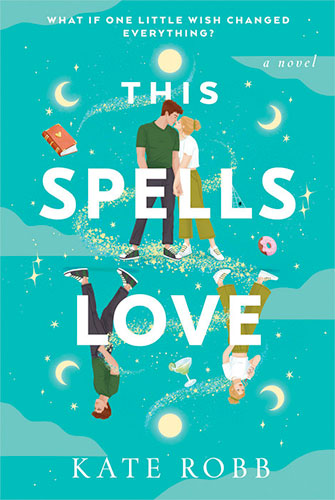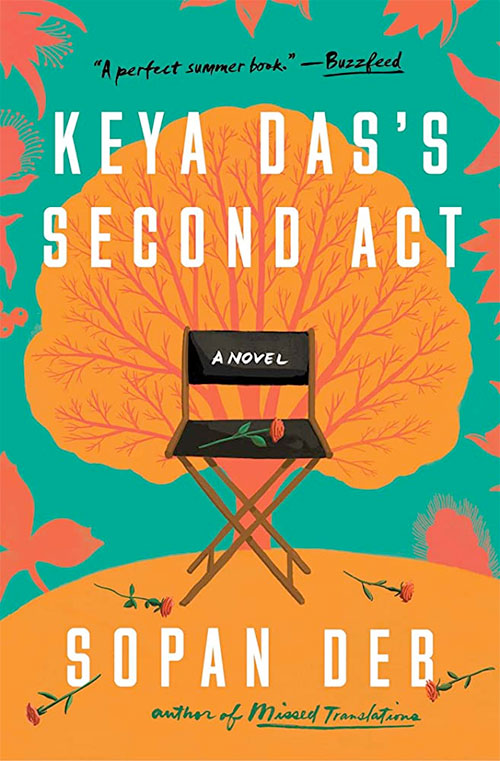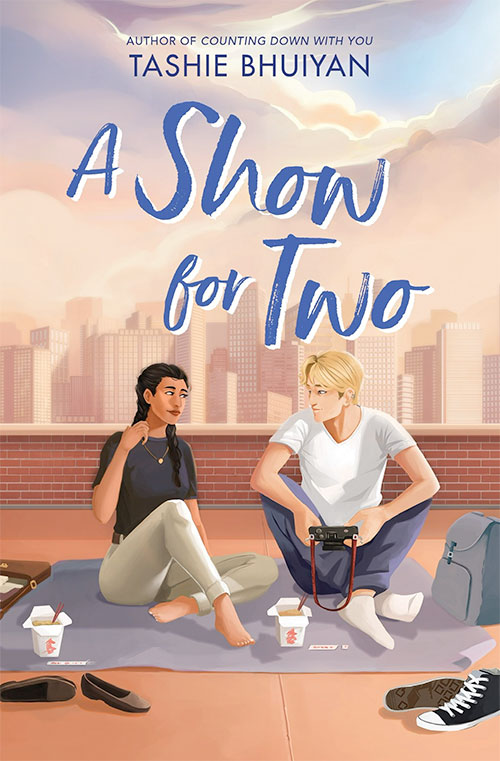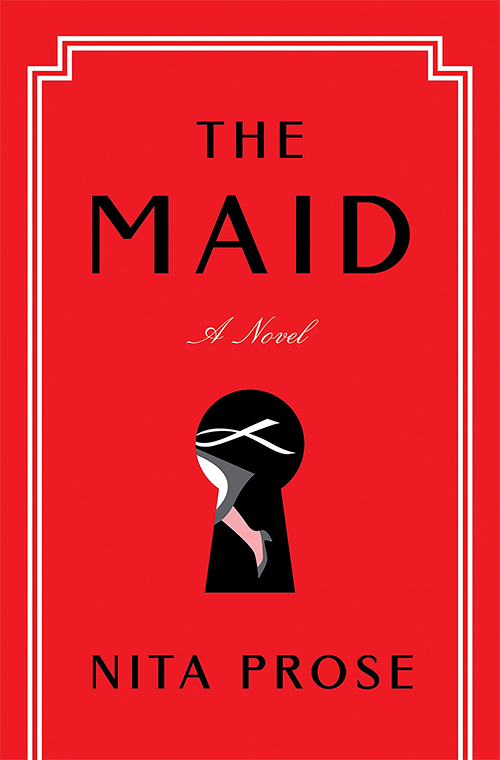The Love Haters by Katherine Center follows Katie Vaughn, a video producer staring down layoffs, who grabs a last-chance assignment filming Tom “Hutch” Hutcheson, a Coast Guard rescue swimmer turned viral hero in Key West. The gig could save her career, but there’s a catch: the entire shoot takes place in and around the water, and Katie can’t swim. Worse, she’s spent years battling the mirror, counting calories, hiding her body, and shrinking herself to fit a world that demands smallness. So when she’s forced to don a bathing suit on a tropical beach with cameras rolling, every insecurity she’s tried to bury comes surging back to the surface. The story implies that love can heal self-loathing, but unfortunately, both unravel in the attempt, leaving neither fully convincing.

The funny thing about the internet is that it is basically a collective hallucination. If you don’t join in, it doesn’t exist.
Katherine Center, The Love Haters
What immediately struck me was how quickly this book plunges readers into the deep end of Katie’s body image struggles (without a trigger warning in sight!). From the very beginning of this novel, readers are immersed in calorie logs, obsessive self-scrutiny, and a fixation on size and appearance that dominates nearly every thought Katie has. It’s relentless and nearly made me put the book down. It could genuinely be triggering for readers sensitive to themes of body dysmorphia or disordered eating, so take care of yourselves!
It’s clear Center means to excavate the pain of existing in a body under siege—by culture, by the patriarchy, by self-loathing—but intent and impact diverge sharply. The narrative never quite interrogates the systems that made Katie feel the way she does about her body. Instead, it documents her obsession until it becomes the story itself. And while that might mirror the claustrophobia of living with disordered thinking, the lack of distance or reflection turns empathy into exhaustion. There’s no relief, only repetition. And for readers who understand this kind of thinking, it feels less like representation and more like being trapped inside a familiar cage.
If you don’t reject the harsh things people say to you, then I guess, at some point, that means you accept them.
Katherine Center, The Love Haters
When the novel relocates to Key West, the tone brightens but never fully transforms into the familiar, fizzy rhythm I expect from a Katherine Center beach read. Aunt Rue, with her unfiltered wisdom and larger-than-life energy, is the book’s saving grace. She’s a reminder of what Center can do when she writes women who are vivid, messy, and alive. Rue’s presence reminds readers that joy might still be possible even when self-acceptance feels far away. Honestly, she and the dog were the best part of the book.
Hutch, the supposed love interest, never evolves beyond his résumé: heroic, humble, vaguely haunted. His romance with Katie feels like a narrative obligation, built on proximity and projection rather than genuine chemistry. And when the story pivots toward the idea that Hutch helps Katie finally see her own beauty, I nearly lost it. Women do not need men to feel beautiful or worthy! What could have been a meditation on self-acceptance dissolves into a tired, outdated trope where love is mistaken for validation and vulnerability for dependence. Miss me with that noise!
Every time you have to be brave, you get to be a little braver next time. That’s what life is for.
Katherine Center, The Love Haters
Center’s prose has always leaned on optimism, a kind of curated hope that can make even pain feel purposeful, as if every heartbreak can lead somewhere lighter. At her best, that outlook turns her stories into gentle reminders that resilience can coexist with joy. But here, that instinct backfires. The tone wavers between lighthearted beach read and heavy-handed self-hatred without ever finding balance. The result is tonal whiplash: a story that wants to be both a balm and a confrontation but ends up being neither. Even the structure buckles under the weight of contradictions, from a fake-dating subplot that feels nonsensical to a drinking contest scene that borders on grotesque, and an ending that asks for more suspension of disbelief than emotional investment.
There are, admittedly, glimpses of Center’s craft beneath the wreckage. She captures the sensory immediacy of place with almost painterly precision: the burn of sunlight on bare shoulders, the damp quiet before a storm, the lazy rhythm of a coastal town half-asleep in its own heat. But aesthetic competence cannot rescue what the book refuses to confront: its own complicity in the very narrative it seems to critique. For a novel about a woman learning to take up space, The Love Haters spends an extraordinary amount of time shrinking her down again.
Thank you to NetGalley and St. Martin’s Press for sharing an advanced reader copy of this book in exchange for an honest review.




